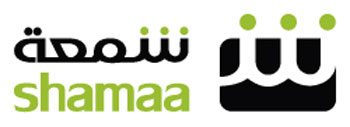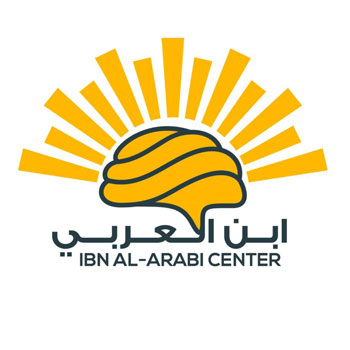الجيش والسلطة السياسية في الدول النامية-العربية : مطارحات فكرية في بيئة ما بعد نهاية الحرب الباردة
معرّف الغرض الرقمي:
https://doi.org/10.56989/benkj.v4i2.798الكلمات المفتاحية:
المؤسسة العسكرية ، النخبة السياسية، السلطة السياسية، الإصلاح السياسي ، الدول العربيةالملخص
تناقش هذه الدراسة علاقة الجيش بالسلطة السياسية في الدول النامية بصفة عامة، والعربية منها على وجه الخصوص، منظورا إليها من زاوية التصورات النظرية التي قاربتها في بيئة ما بعد نهاية الحرب الباردة، بكل ما حملته من زخم خارجي دافع نحو تعزيز موقع النخبة السياسية أمام العسكرية لتيسير الإصلاحات الديمقراطية في معظم هذه الدول. أما في العربية منها، فقد تميزت اختلفت المقاربة النظرية لعلاقة الجيش بالسلطة السياسية بين حقبتين اثنتين؛ قبل اندلاع ثورات الربيع العربي لعام 2011، والتي تموقع الجيش في معظم جمهورياتها كفاعل مهيمن على السلطة السياسية، وكذراع للحاكم في جل الملكيات وباقي الجمهوريات، وإبان الثورات من خلال وضع شبكة تقييم قبلي لموقفه بين دعم النظام السياسي أو الإطفاف مع الجمهور الثائر. انتهت الدراسة إلى أن نجاح مسار الانتقال الديمقراطي في بعض الدول النامية الأسيوية تحقق بعد تجند النخبة السياسية للتحكم في وضع السياسة العامة؛ ومنها السياسة العسكرية، فيما تعذر ذلك في معظم الدول النامية التي حافظت فيها النخبة العسكرية على هيمنتها على كل من وضع السياسة العامة، وإدارة الأمن القومي، والتنظيم الداخلي للجيش. أما في الدول العربية، فتأكد أن الجيش فاعل مهيمن على السلطة السياسية الفعلية، ومن وراء ستار مدني في جل الجمهوريات، وهو بمثابة قوة ضغط يوفر الأمن للنظم الملكية في مقابل إغداقها عليه بالامتيازات، وهو أحد المفاتيح الرئيسية لإنجاح الثورات العربية أو إفشالها. وبالتالي فأي انتقال ديمقراطي حقيقي في الدول النامية والعربية مشروط بإخراج الجيش من السلطة السياسية.
This study identifies the relationship between military and political power in developing countries, focusing on Arab countries, within the theoretical frameworks that emerged in the post-Cold War era. This period was marked by external dynamics that encouraged the strengthening of political elites against a military background, thus facilitating democratic reforms in many of these countries. In the Arab context, the theoretical approach to the link between the military and political power has evolved over two distinct periods: before and after the outbreak of the Arab Spring revolutions of 2011. Before these revolutions, the army played a dominant role in political power in most republics, serving as an extension of the rulers of monarchies and some republics. However, during the revolutions, the army faced a changing landscape, navigating between support for existing political systems and alignment with the rebel public, often influenced by tribal affiliations. The study concludes that successful democratic transitions in some Asian developing countries occurred when the political elite mobilized to control public policy, including military affairs. This contrasts with the situation in many developing countries, where the military elite has retained dominance over public policy, national security and the internal organization of the military. In Arab countries, it is clear that the military holds considerable influence over real political power, operating behind a civilian facade in most republics. It acts as a stabilizing force, providing security for the monarchies in exchange for privileges, a crucial factor influencing the outcome of the Arab revolutions. Consequently, the study suggests that genuine democratic transitions in Arab and developing countries require the removal of the military from direct political power.
التنزيلات
منشور
كيفية الاقتباس
إصدار
القسم
الرخصة
الحقوق الفكرية (c) 2024 مجلة ابن خلدون للدراسات والأبحاث

هذا العمل مرخص بموجب Creative Commons Attribution-NonCommercial 4.0 International License.




























